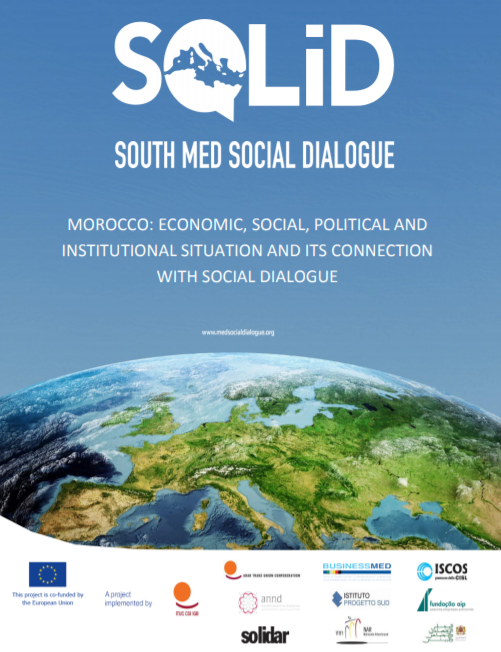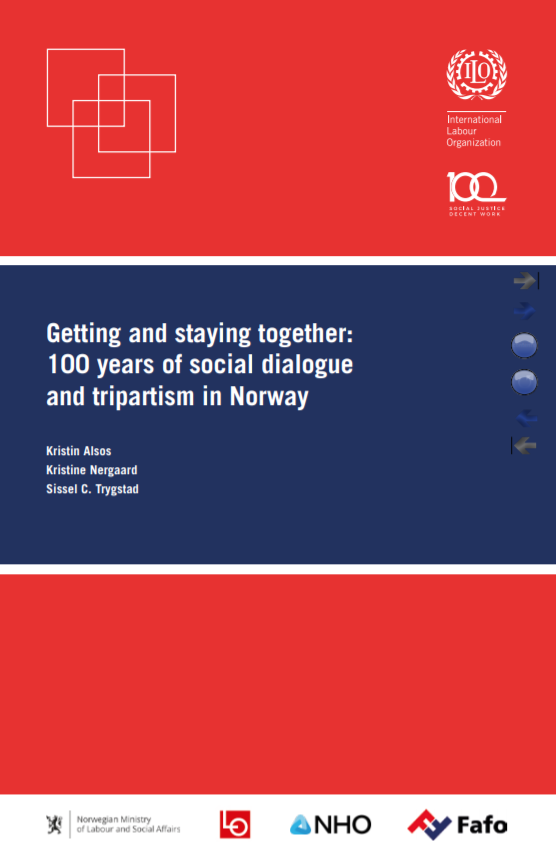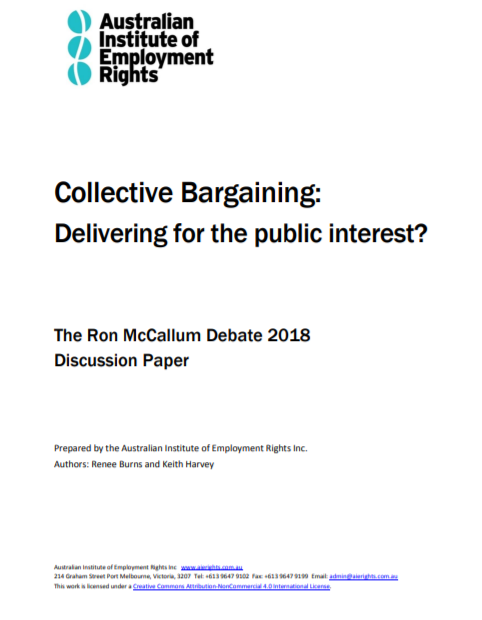
Summary
Revised plan of action on social dialogue and tripartism for the period 2019–23 to give effect to the conclusions adopted by the International Labour Conference in June 2018.
For the original source, please click here

Revised plan of action on social dialogue and tripartism for the period 2019–23 to give effect to the conclusions adopted by the International Labour Conference in June 2018.
For the original source, please click here

This report details what tripartite social dialogue is and when and how it should be implemented. It also stresses the need for its development, especially in relation to sustainability and the SDGs.
For the original source, please click here

The EFEE and ETUCE have concluded a third project assisting in social dialogue on the national level between education representatives and EU member states. The project highlights cases of good practice and the progress made as well as highlights recommendations for moving forward. Of these, greater investment in education, stronger social security for education workers and the continuous development of sector workers is particularly emphasised.
For the original source, please click here

The development of the informal sector of Morocco through short-term contracts and the recent decisions of the government have led to a decline in the influence of social dialogue institutions like unions. The lack of ability of the unions to keep up with the changing demands of new workers and the solitary decisions of the government have led to groups leaving union representation and protesting on their own. The current state of bipartite and tripartite dialogue in the state need to be reassessed.
For the original source, please click here

The study highlights a set of case studies in the Mena Region, Middle East and North Africa, that demonstrate examples of good developments of social dialogue. These examples are urged to be taken up by various sectors in the region in order to further develop social dialogue to a sustainable level.
For the original source, please click here

The representation of social services workers in the EU is broadly lacking. Employers outside of the public sector are not organised in any meaningful fashion and this significantly hampers the ability of for-profit and not-for-profit social service workers to engage in meaningful social dialogue. The PESSISS+ project suggests organising social dialogue for social services on an EU level, to bring consensus to all member nations and create a strong and enforceable set of standards for the sector overall.
For the original source, please click here

This study analyses the development of tripartite social dialogue in Norway over the last 100 years. It highlights the good practices that have developed, their benefits and areas in which the dialogue can still be improved.
For the original source, please click here

Workers in Colombia Palm Oil industry are predominantly sub-contracted, and, as such, are seen as employed by the government but are denied access to unions and basic labour rights. Social dialogue with employers and the government in this sector has historically been tumultuous and, at times, violent. To move forward in the industry, new land developments processes, the elimination of illegal sub-contracting, allying direct and indirect workers’ alliances and convincing the employers of the benefits of development are necessary.
For the original source, please click here

When establishing in Myanmar, Fairwear erected a social dialogue institution to aid workers in the factories they sourced from. The institution set up helplines for issues and branches to assist unions and workers in engaging in dialogue with employers either through legal action or when legal action has failed. The results of this institution and recommendations for moving forward, either through the institution or internally, in these factories are provided.
For the original source, please click here

This study assesses the effectiveness of the organisational-level collective bargaining model present in Australia. It concludes that the present model is failing, with less collective bargaining agreements being reached, resulting in wage stagnation despite the state-level increase in economic prosperity. It suggests that greater implementation of more drastic measures, like striking, and greater inclusion for the parties allowed in the bargaining process is necessary to develop social dialogue further.
For the original source, please click here